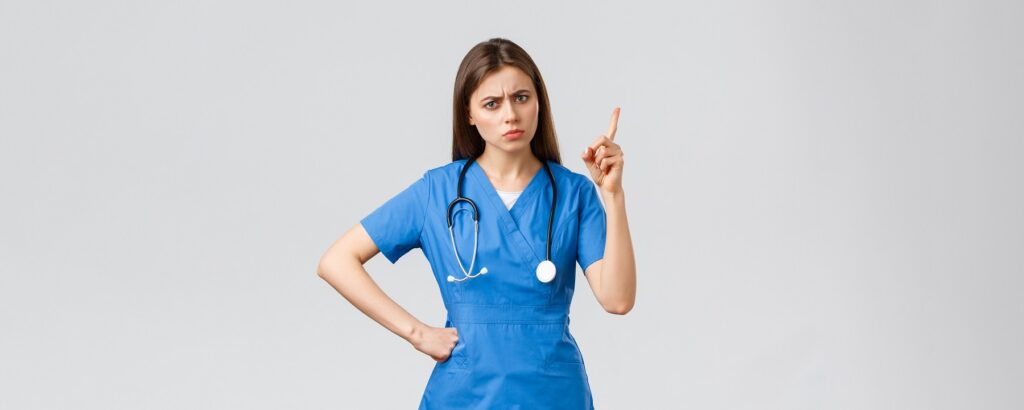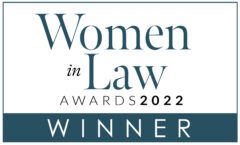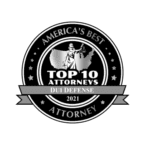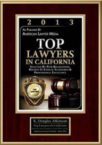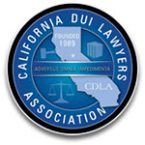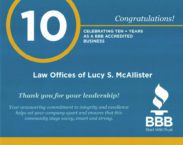Unprofessional Behavior / Conduct
A high-risk area are social media posts that could be considered unprofessional or reflect unethical conduct—anything defined as unbecoming of the nursing profession. For example, negative comments about your workplace, complaints about coworkers and employers, or threatening or harassing comments fall into this category. Nurses should use separate personal and professional social networking sites, report any witnessed unprofessional behavior, and always adhere to the same principles of professionalism as they would offline.
The highly publicized firing in 2014 of an emergency department nurse at New York–Presbyterian Hospital demonstrates the risks connected with posting workplace photos. The nurse shared a photo on Instagram depicting an empty trauma room where a patient had been treated after getting hit by a subway train. Although the post didn’t violate HIPAA rules or the hospital’s social media policy, she was terminated for being insensitive.
Posts about your personal life also can negatively affect your professional life. Posting photos or comments about alcohol or drug use, domestic violence (even comments about arguing with a spouse) and use of profanity, or sexually explicit or racially derogatory comments could lead to charges of unprofessional behavior by BRN. And keep in mind that complaints can come from anywhere, including employers and coworkers, family and friends, and intimate partners, so the privacy setting on the social media platform won’t protect you.
Court rulings have supported disciplinary actions by BRN against nurses for unprofessional behavior in their personal lives. A key example is the 2012 decision by the California Supreme Court, which left intact an appellate ruling (Sulla v Board of Registered Nursing) that allowed a state board to discipline a nurse who was caught driving drunk, even though his arrest had nothing to do with his job. The BRN placed the nurse on 3 years’ probation after his arrest. The appeals court ruled that state laws authorize disciplinary action against a nurse who uses alcohol, on or off the job, in a way that endangers others. The result is that nurses in California who are convicted of DUIs will have their nursing license suspended by the BRN.

